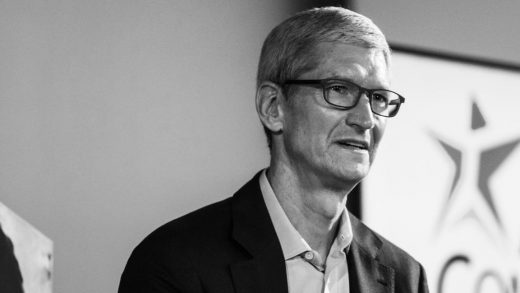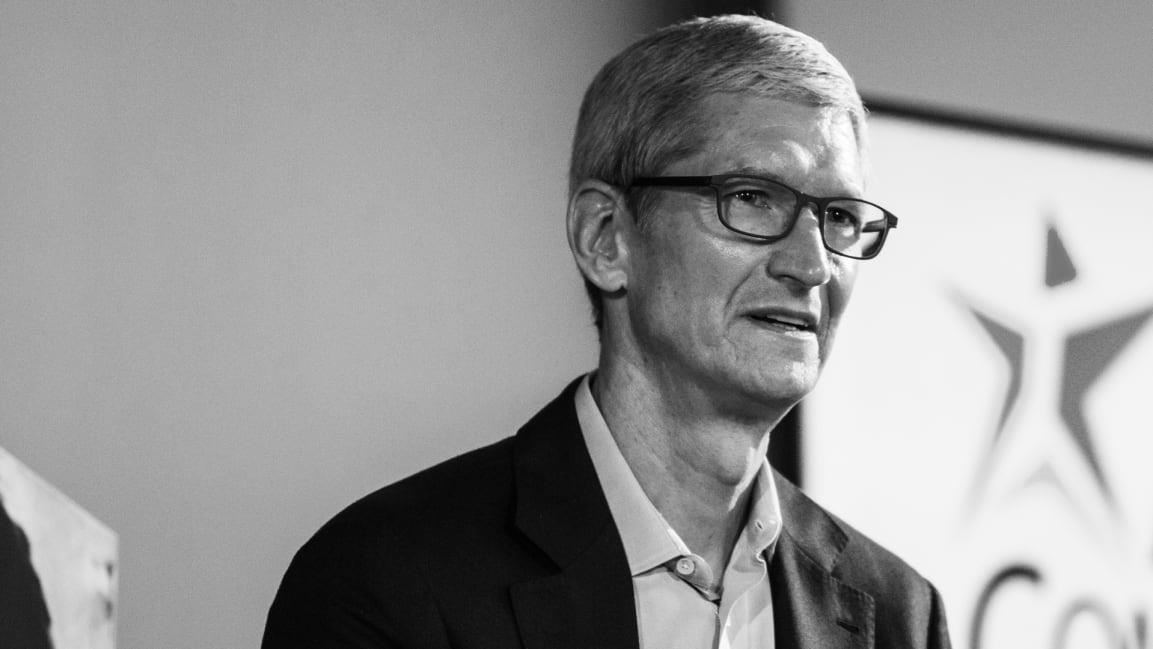Tim Cook: “If you’re looking at a phone more than someone’s eyes, you’re doing the wrong thing”
Apple’s CEO attended the Time 100 Summit in New York (May 02, 2019) where he addressed a number of topics, from tech’s effect on society to political action committees (PACs). In the wide-ranging interview, Cook dropped a number of insights into Apple and how he sees technology’s role in the world.
One of the most interesting insights was Cook explaining that he doesn’t want people to be glued to their iPhones, telling former Time editor in chief Nancy Gibbs, “If you’re looking at a phone more than someone’s eyes, you’re doing the wrong thing.” Cook explained:
“Apple never wanted to maximize user time. We’ve never been about that. We’re not motivated to do that from a business point of view, and we’re certainly not motivated from a values point of view.”
It may sound weird to hear a CEO of a tech company say that he doesn’t want their most popular product to be used more often by people—and some may not even believe his sincerity of the statement. However, last year Apple did introduce a new feature in iOS devices called ScreenTime that is designed to help minimize the amount of time people spend on their iPhones and iPads. And that same feature is rumored to be coming to Macs this year.
Besides talking about limiting time spent on Apple devices, Cook also addressed the following:
(62)



